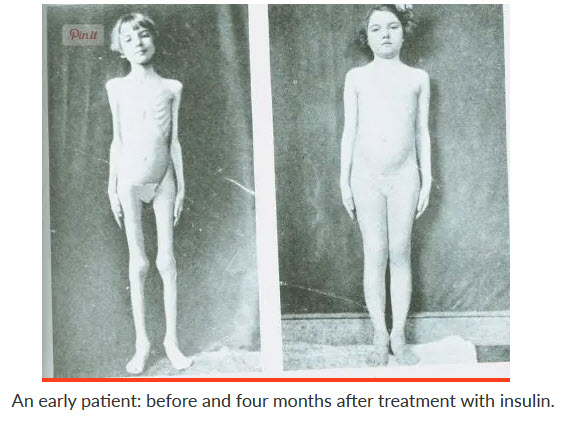 What if I told you I am losing weight on a diet where I am not hungry, I don’t exercise, I am not taking any kind of drug, I am not buying any special meals of any kind, and the weight just melts off? Sounds like your kind of diet, right? What if I told you that I now understand that my previous weight condition was NOT my fault? What if I told you that after my success, I can absolutely say that weight is definitely NOT simply a case of calories in, calories out?
What if I told you I am losing weight on a diet where I am not hungry, I don’t exercise, I am not taking any kind of drug, I am not buying any special meals of any kind, and the weight just melts off? Sounds like your kind of diet, right? What if I told you that I now understand that my previous weight condition was NOT my fault? What if I told you that after my success, I can absolutely say that weight is definitely NOT simply a case of calories in, calories out?
More than two-thirds of U.S. adults age 20 and older are overweight or obese, and more than one-third of adults are obese. Something is fundamentally wrong. We are slowly learning that there’s more to weight loss than the old adage “Eat less, move more.”
I had a friend in college who was tall and skinny. He was quite unhappy with his thin frame, and he embarked on a two month quest to gain weight. Every day for breakfast he had a two egg breakfast special sandwich with bacon and cheese. For lunch it was a McDonald’s Big Mac, with large fries, and a large vanilla shake. And then later, a big dinner. After two months he gave up in disgust, gaining about one half a pound. How could this be? The lesson I learned a long time ago from that is: it is NOT always calories in, calories out. There appeared to be other, poorly understood, factors. But what were they? What we are slowly learning is that hormones can play a huge role in controlling the amount of calories stored as fat. The hormone which plays the biggest part is insulin. Let’s look at some cases of abnormal insulin.
Aretaeus of Cappadocia, who is believed to have lived in the first century AD, is credited with producing the first clear written description of diabetes. “Diabetes is … not very frequent … being a melting down of the flesh and limbs into urine … for the patients never stop making water, but the flow is incessant, as if from the opening of aqueducts. It consists in the flesh and bones running together into the urine … the illness develops very slowly. The nature of the disease is chronic, and it takes a long period to form; but the patient does not live long once the disease is fully established; for the melting is rapid, the death speedy. Moreover life is disgusting and painful; thirst, unquenchable … and one cannot stop them either from drinking or making water”.
With the medical advances of the last one hundred years, it is no longer a common site to see an untreated Type One diabetic (pancreas doesn’t produce insulin) anymore. But a hundred years ago, before this condition was understood and treated, they were more common. Type 1 diabetics used to be super skinny. One of the reasons is without insulin they are unable to store fat and build muscle. Until insulin was made clinically available, a diagnosis of Type 1 diabetes was a death sentence, more or less quickly (usually within months, and frequently within weeks or days). And the cause of death is starvation, even if they eat. Without insulin, the body is UNABLE to absorb nutrients.
Here is a webpage with a startling photo, taken in 1922, which shows a diabetic girl before and after four months of treatment with insulin. No matter how much food she eats, her body was unable to store fat and build muscle. It is quite obviously NOT a case of calories in/calories out. (Ignore the spelling mistakes on this page 🙂 )
https://www.opposingviews.com/category/science-miracle-2-years-discovery-insulin
 Here is a screenshot of Google search results for “diabetes symptoms”.
Here is a screenshot of Google search results for “diabetes symptoms”.

Can you guess which of these symptoms got my attention? “UNEXPLAINED weight loss”!!. Unexplained means you didn’t change anything about your schedule or diet yet you STILL are losing weight. Excuse me good reader, that is what I want lol. Unexplained weight loss. I didn’t diet or exercise or anything else yet I am still losing weight. Bingo!
So now that we understand that low insulin levels cause our bodies to be unable to absorb nutrients, let’s take a look at insulin levels in the general population, and overweight people in particular. And we find very high levels of insulin in the population and even higher in obese people.
So the logical next question is: how can we reduce our insulin levels? And what will happen if we do that?
To be continued……..